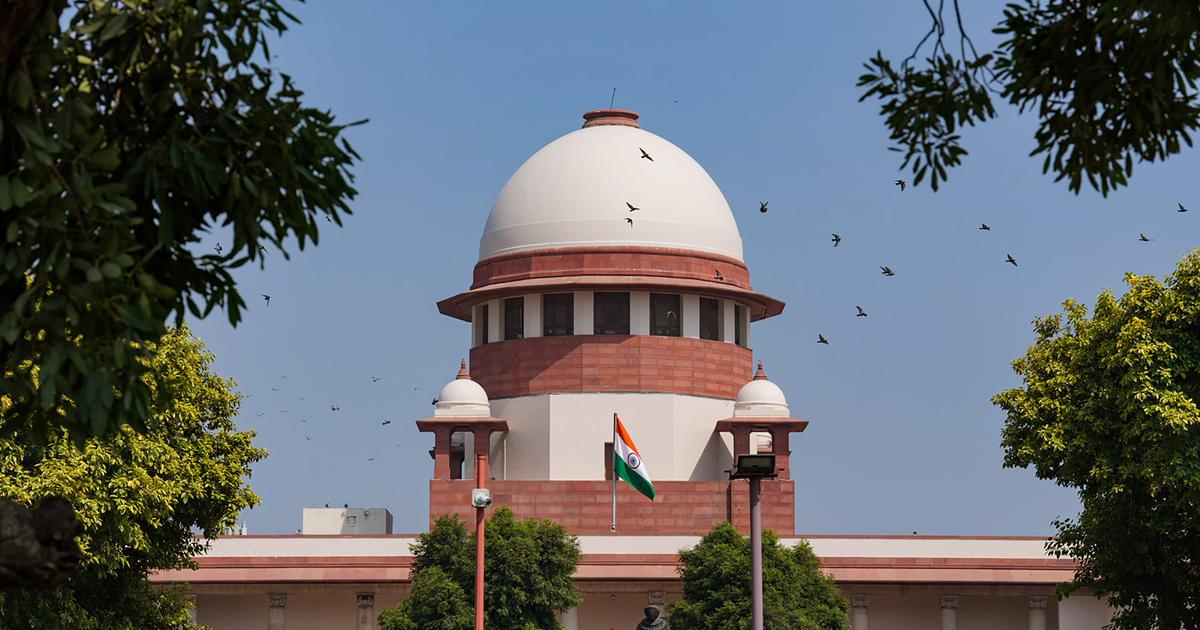Sukhmani Kooner, Pune
On Thursday, the Association for Democratic Reforms, a non-governmental organization, filed a plea in the Supreme Court against the State Bank of India (a public sector bank) for not adhering to the court’s deadline set to disclose and submit details about the electoral bonds with the Election Commission.
The apex court had ordered the bank to hand over its data by March 6, a deadline the bank failed to meet. When the verdict of the court is not obeyed, this becomes a punishable offense. On Monday, the bank filed for an extension until June 30th with the court. They stated that considering the nature of the data, decoding it, and matching the donations with the donors would take up tremendous effort and time.
Electoral bonds are issued by authorized branches of SBI to individuals or companies in India. They can buy them in multiples of Rs. 1,000, Rs. 10,000, Rs. 1 lakh, Rs. 10 lakhs, and Rs. 1 crore. These bonds are interest-free and the political parties have a stipulated time frame within which they can encash them. These bonds are anonymous, as information about the donor remains undisclosed.
Questions have been raised about the constitutionality of electoral bonds as they violate the right to information (RTI). Senior advocates have filed petitions in the SC over these bonds. The BJP government, through the Finance Act of 2016 and 2017, brought in this scheme. Earlier, political parties had to declare any donation obtained that was worth more than Rs. 20,000 to the public. Due to the unconstitutionality of the electoral bond scheme, the Supreme Court on February 15th slashed the scheme to prevent the flow of black money and illegal funding to political parties.
The extension filed by the bank is in lieu of the 22,217 electoral bonds that will have to be decoded. However, if the plea is accepted by the courts, the details of the donations will only be made public after the elections of 2024 in the Lok Sabha. The ADR, in its plea, has said that this move is to blind the voters before the Lok Sabha elections. It was argued that it is the right of every citizen to be informed about the candidates through transparency.
